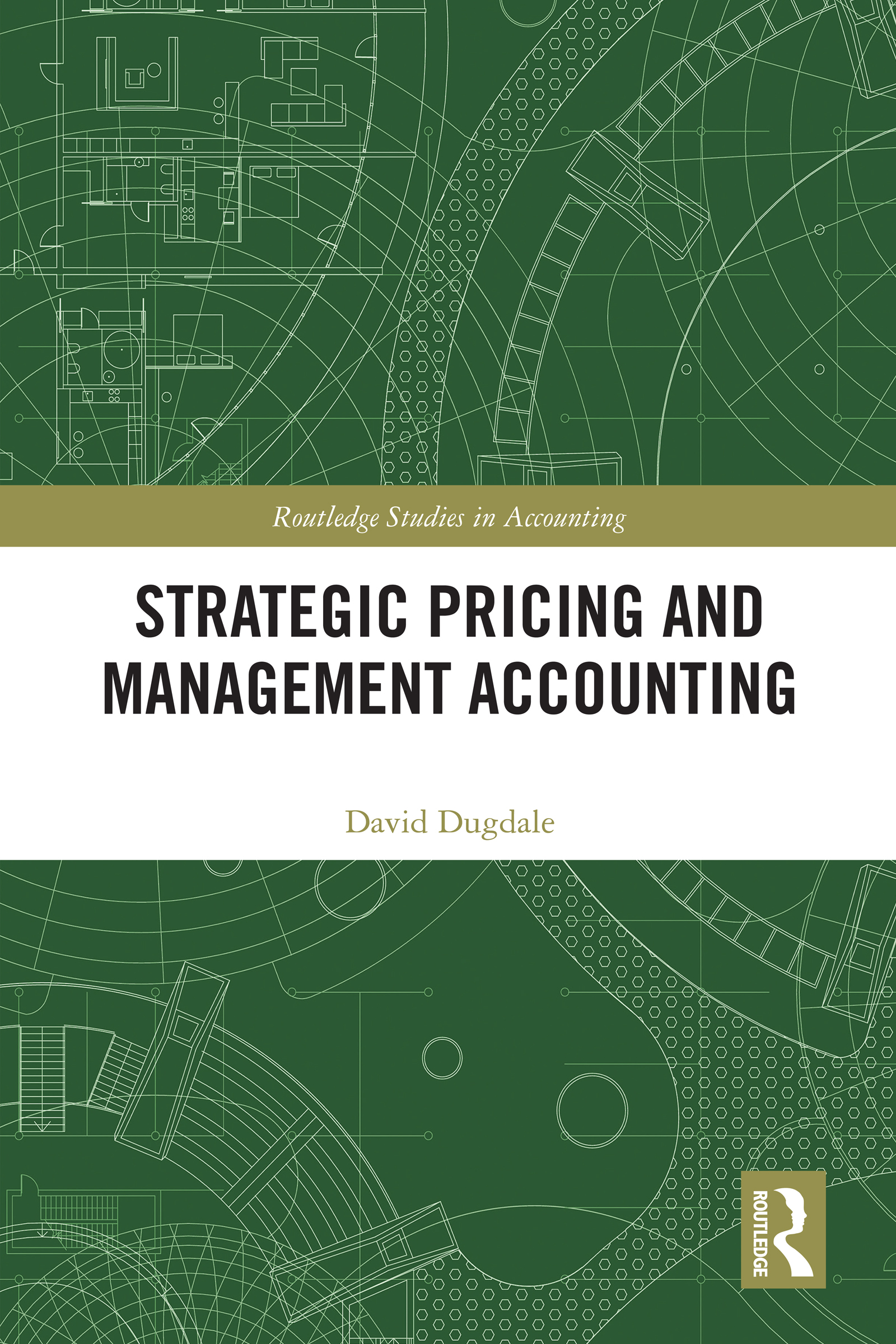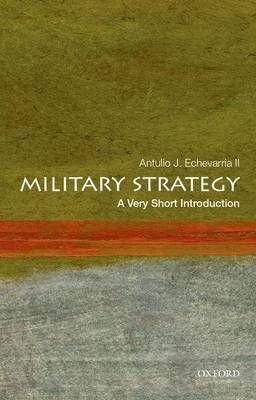Key account management as an alternative organizational form of marketing management became increasingly popular in many companies during the last years. In its beginning, key account management was particularly applied in the consumer packaged goods industry with respect to wholesalers as well as large department stores; for some time, key account management has also been applied time by suppliers in industrial markets as well as by companies offering product-related services in order to serve their most important customers. Despite its practical relevance in marketing management, the implementation of key account management as well as its integration within the supplier’s organization is hardly realized on an adequate economic evaluation. Similarly, key account management controlling of an already implemented key account management organization is also lacking. These organizational units are, once implemented, neither controlled nor evaluated concerning their economic performance. With respect to these rather surprising findings in marketing management practice the author develops a theory-based decision support model, which seems capable of overcoming the previously described deficits. Based on a comparative analysis, the efficiency of alternative key account management organizations is evaluated using criteria developed from transaction costs economics. This decision model enables companies to evaluate each organizational key account management alternative on the basis of transaction cost economizing effects. In addition, set-up costs which arise due to the implementation of the organizational unit are also included in the cost-benefit calculation.












